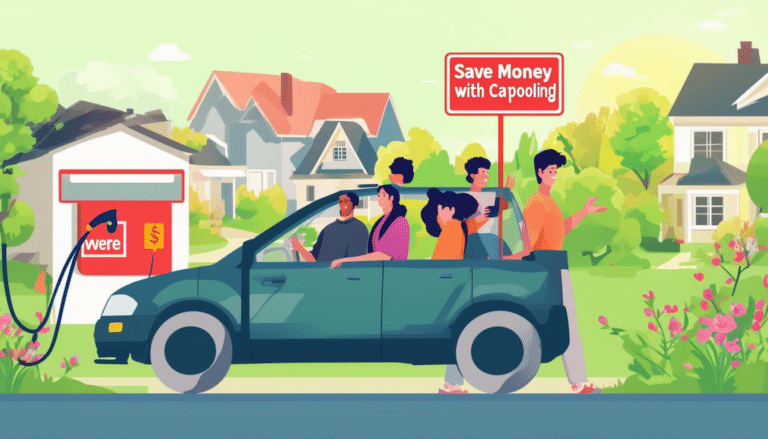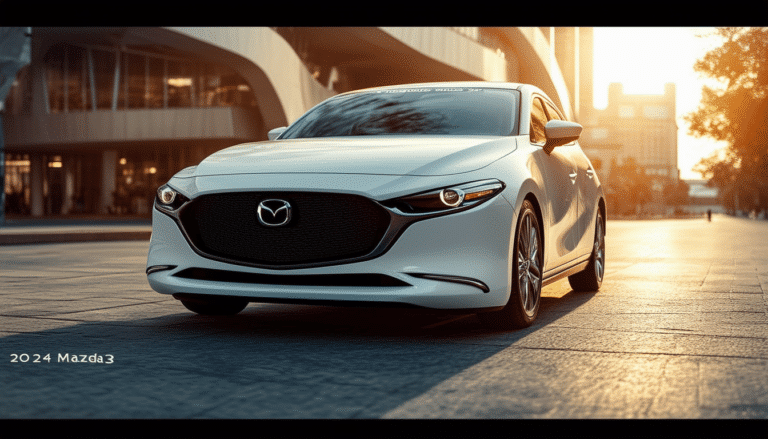Errores comunes que aumentan el gasto en combustible
The fuel expenditure is a fundamental aspect to consider for drivers, not only because of the economic impact but also due to the environmental effects it entails. However, many tend to make common mistakes that unnecessarily increase this expense. From inadequate driving practices to poor vehicle maintenance, there are various reasons that can lead to excessive fuel consumption. Knowing and avoiding these mistakes is essential to optimize vehicle performance and contribute to energy savings.
Driving efficiently not only contributes to sustainability but also allows for significant savings in fuel expenses. However, many drivers make common mistakes that unnecessarily inflate this cost. Below are some of these mistakes, along with practical tips to minimize them.
Idling with the engine running
One of the most common errors that drivers make is leaving the engine running while waiting. Whether waiting for someone or stopped in a line, it is advisable to turn off the engine. Leaving the engine running for unnecessary periods not only consumes fuel but also generates pollutant emissions.
Excess weight in the vehicle
Additional weight in the vehicle can also increase fuel consumption by up to 2%. It is important to optimize luggage and carry only what is necessary in the trunk. If unnecessary items accumulate, it increases the strain on the engine, resulting in higher gasoline consumption.
Inadequate vehicle care
Poor maintenance can lead to a vehicle consuming up to 30% more fuel. This includes not only regular oil changes but also periodic checks of filters, brakes, and tires. Incorrectly inflated tires are a significant factor affecting gasoline consumption. Keeping them at the correct pressure is vital to avoid unnecessary expenditure.
Rough driving
The way one drives can significantly impact fuel consumption. Rapid acceleration and braking can considerably increase consumption. Adopting a smooth driving style, avoiding sudden accelerations and abrupt braking, helps not only to reduce gasoline expenditure but also to improve road safety.
Excessive use of air conditioning
The use of air conditioning can influence fuel expenditure, as it can increase consumption by between 5% and 25%, depending on driving conditions. In heavy traffic situations, it is advisable to open the windows instead of using the air conditioning to maintain a pleasant temperature inside the vehicle.
Not planning routes
Lack of route planning can lead to longer distances and unnecessary fuel expenditure. Using navigation apps that optimize routes can help reduce travel time and, consequently, gasoline consumption.
Excessive urgency in traffic
Dense traffic can increase fuel expenditure by up to 15%. Instead of rushing and trying to weave through traffic, it’s better to be patient and maintain a steady speed. Thoughtful and patient driving can enhance fuel efficiency.
Conclusions on common mistakes
Identifying and avoiding these mistakes can have a significant impact on fuel consumption and contribute to a more sustainable and economical journey. For more information on how to reduce fuel expenditure, additional articles can be consulted that address the relationship between engine type and consumption, the importance of biofuels, and sustainable strategies for reducing fuel expenditure.
To delve deeper into these topics, you can visit the following links: Reducing fuel expenditure, Biofuels, Engine type, Common mistakes, Sustainable strategies.
Fuel efficiency is essential for maintaining control over expenses associated with vehicle use. However, many drivers make common mistakes that, unbeknownst to them, significantly increase gasoline expenditure. Knowing these mistakes and learning to avoid them is key to optimizing the budget and contributing to a more sustainable use of resources.
One of the main errors is keeping the engine running while waiting, whether in a line or parked. Turning off the engine in these situations can lead to significant fuel savings. Furthermore, excess weight in the vehicle is also an important factor. Loading the trunk with unnecessary items can raise fuel consumption by up to two percent, which should not be underestimated.
Another aspect to consider is the adequate maintenance of the car. A vehicle that is not in optimal condition can consume up to 30 percent more fuel. This underscores the importance of conducting periodic checks and ensuring that all vehicle components function properly.
Additionally, the way of driving has a direct impact on fuel consumption. Driving aggressively, accelerating and braking sharply, not only affects safety but also increases fuel expenditure. Adopting a smoother and steadier driving style can benefit both the wallet and the environment.
In summary, correcting these common mistakes can translate into significant savings in fuel consumption. It is vital to educate oneself and be aware of driving and maintenance practices that can impact expenditure. Implementing simple changes can result in economic and environmental benefits in the long run.





